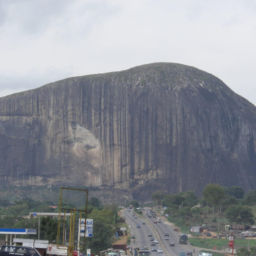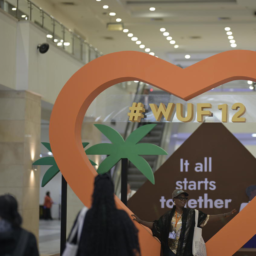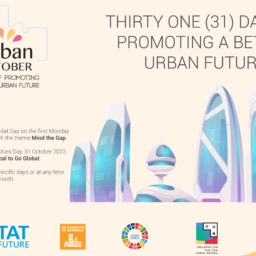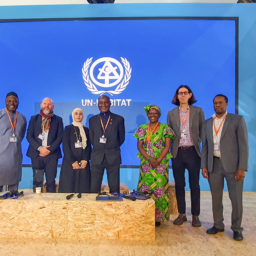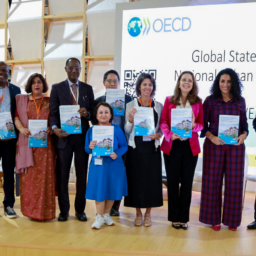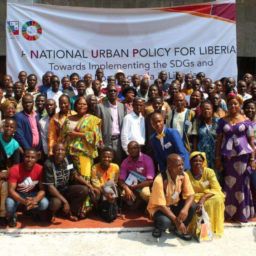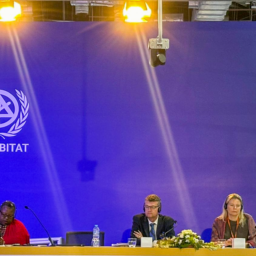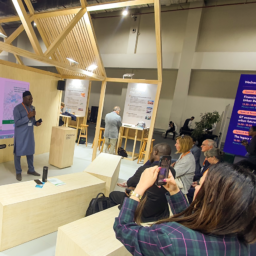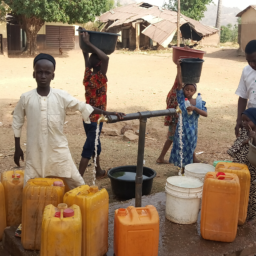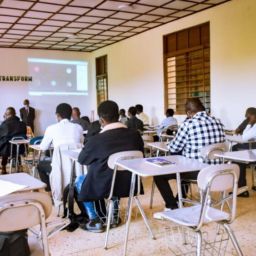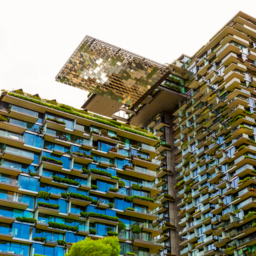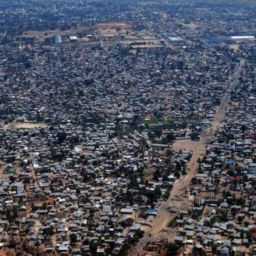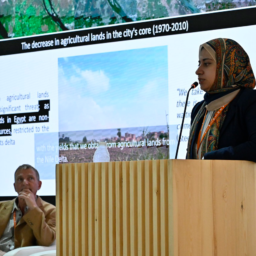
Beni – DRC, 3rd & 4th February 2022
Implementation of the New Urban Agenda and the 2030 Agenda in the Democratic Republic of the Congo: Reflecting upon the Implementation Strategies
The New Urban Agenda is an accelerator of implementing and achieving the Sustainable Development Goals (SDGs), particularly SDG 11– Make cities and human settlements inclusive, safe, resilient and sustainable. It provides a comprehensive framework to guide and track sustainable urban development globally.
In this regard, UN-Habitat supports implementation of the New Urban Agenda (NUA) through national and sub-national urban policies in the Democratic Republic of Congo (DRC). Funded by the Andalusian Agency for International Development Cooperation (AACID) and Booyoung Group, the project aims to facilitate the process of sustainable urban development in the secondary cities of the East of the Democratic Republic of Congo (DRC) through the formulation of provincial urban policies and an urban development strategy, with Beni chosen as a pilot city. The city of Beni is located in a context of conflict, post-conflict, migration, natural disasters and, nevertheless, economic growth. Implementation of NUA is therefore a way to address these development challenges.
From 3 to 4 February 2022, a workshop was held in Beni in the Province of North Kivu to reflect on strategies for implementing the New Urban Agenda and the 2030 Agenda for Sustainable Development, bringing together urban and rural actors of all persuasions working in this continuum.
In his opening remarks, the Mayor of Beni, Colonel Narcisse Muteba Kashale, recalled the undeniable realities shared by cities and human settlements throughout the world, notably the persistence of multiple forms of poverty, growing inequalities, disparities, economic exclusion, spatial segregation, environmental degradation, urban pollution, anarchic and catch-up urbanisation, lack of access to basic services such as water, energy, quality public facilities and infrastructure. He stated that the workshop contributes to the search for solutions to these challenges, also perceptible in his city, noting that the elaboration of policies and strategies for sustainable urban development is a game-changing approach.
For his part, Serge K. Vuthegha, Project Coordinator and representative of the Rector of the Bilingual Christian University of Congo (UCBC), said that reflecting on the New Urban Agenda and the achievement of the Sustainable Development Goals (SDGs), is a topical issue at a global level. In the Democratic Republic of Congo, the secondary city of Beni has the advantage of being able to engage in this and to serve as a pilot entity for all secondary cities in the East of the DRC.
UN-Habitat through Frederic Happi Mangoua, Project Manager and Technical Coordinator of this project, remarked that we all have to answer the question “How do we implement the New Urban Agenda (NUA) and the 2030 Agenda for Sustainable Development in and around Beni? It will be a matter of raising options and developing tangible strategies to make the development of the city of Beni sustainable”. He also praised and congratulated the participants for their contribution to making Beni, the pilot city of the project, a well-planned and urbanised city.
A key outcome of the workshop is that through open plenary sessions and focus group sessions, more than a hundred resolutions were formulated by state experts, sectoral facilitators, civil society and private sector actors present. The aim is to implement the NUA and the SDGs, taking into account the local specificities of Beni as a crossroads town. Follow-up dialogues will be held with the local authorities and stakeholders to refine the resolutions/priorities, which will be presented in the upcoming Urban Forum in Goma.


